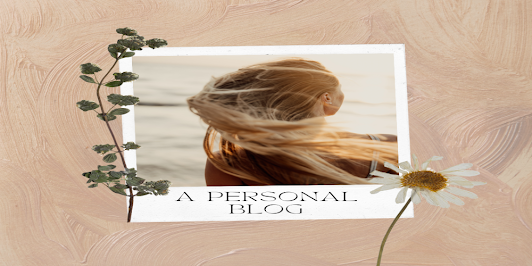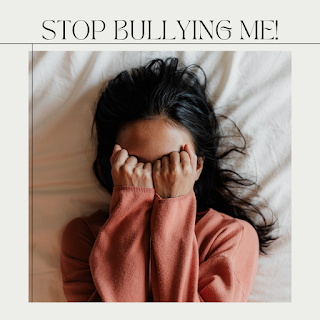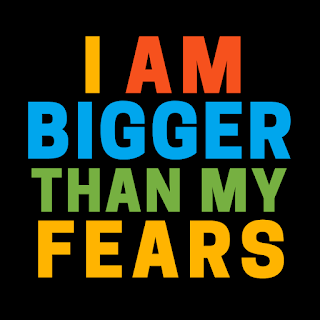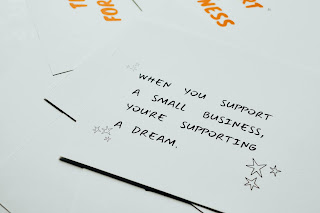Types of Music Licences
Introduction
Understanding music copyright is crucial for anyone working with multimedia. When I embarked on a Coursera course focused on music licences, it was timely as I'd started my YouTube channel.
Types of Music Licences
As you explore the world of music licensing, remember that each type of licence serves a unique purpose and understanding their differences is key to successful content creation.
According to soundreef.com, there are six different types of licences, namely, master recording licence, performance licence, synchronisation licence, mechanical licence, print licence and blanket licence.
What is Master Recording Licence?
According to thebalancecareers.com, master recording licence (also known as master use licence) is a licence that allows a licence holder to use a recorded piece of music for a film, etc. And even if you just want to use a small sample of an existing recording, you'll still need to obtain a master licence, as stated in an article on easysonglicensing.com.
What is Performance Licence?
Easysonglicensing.com states that a performance licence is an agreement between a music user and the owner of a copyrighted composition (song) that gives the user permission to play the song in public, online or on radio.
According to copyright.com, if you (owner, not customer) play a song at a restaurant, it's considered a public performance of the song, regardless of whether it's performed by a live band or via other means, such as through a CD. And this also applies in the event that you use your smartphone to play the song.
Therefore, if you're a new entrant to the F&B industry and if you want to play music in the background, you'd have to make sure that you apply for this licence.
What is Synchronisation Licence?
According to wikipedia.org, a synchronisation licence is a music licence "granted by the holder of the copyright of a particular composition, allowing the licensee to synchronise music with some kind of visual media output" such as a film.
According to easysonglicensing.com, every time you need a master licence for a video or other visual product, you'll also need a synchronisation licence. This is because the master licence only pays the artist for the right to use their recording while the synchronisation licence pays the composer for the right to use their song.
What is Mechanical Licence?
Wikipedia.org states that a mechanical licence is a licence "from the holder of a copyright of a composition or musical work, to another party to "cover song", reproduce, or sample a portion of the original composition."
So, for all the independent artists out there who want to do cover songs that are sung by other artists, you've to make sure you get this licence. Why independent artists? Because for artists who're signed on by record labels, the latter would have already got the required licences.
What is Print Licence?
According to easysonglicensing.com, print licence is "an agreement between a music user and the owner of a copyrighted composition (song), that grants permission to rearrange, print or display the music notes or lyrics of the song."
Soundreef.com states that it could be necessary to obtain a print licence if one wants to create a music book. Personally, I'd think that it IS necessary to do so, unless the music book is a compilation of songs that you've written.
What is Blanket Licence?
Blanket licence is "used to give blanket permission to use any music from a specific catalog", according to thebalancecareers.com. Why would anyone want to use this licence? Well, according to the same website, a blanket licence is usually used when issuing individual music licences for each piece of music or for each use is cumbersome.
Creative Commons Licence
There's another type of licence that allows anyone to use a copyrighted work, and that's the Creative Commons licence.
Some copyright owners might decide to have creative commons licence for their works because of various reasons. One reason could be that they just want more people to know of their works. Another reason could be that they want people to review their works. Yet another possible reason could be that they're new to the music industry and so it might be good exposure for them and their music.
Conclusion
Obtaining the necessary music licences is essential for complying with copyright law and avoiding potential legal issues when using copyrighted music in your projects.
Mastering these licence types can safeguard your creative projects and open doors to legally use music in multimedia work. Stay informed and always consult your local copyright office for clarity on using protected works.
Cheers,
Annie Chan
NOTES
1. Check out my website:
https://www.elevatewellnesscircle.com/
2. Check out my affiliate programme
https://www.elevatewellnesscircle.com/affiliate
3. Try for FREE: power recharge therapy, power foot detox therapy & acugraph energy analysis! (https://energia.sg/free?ref=anniechan)



